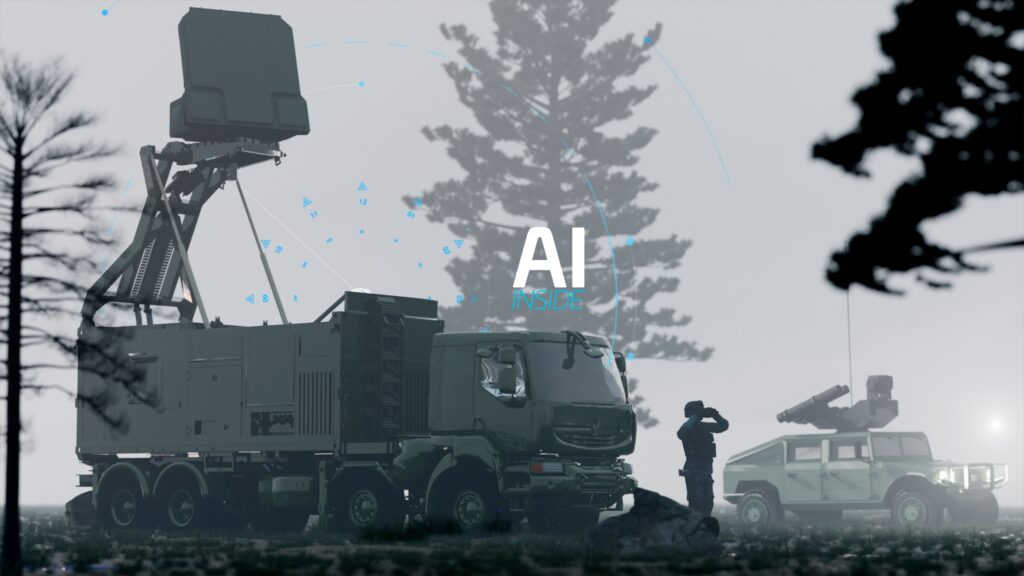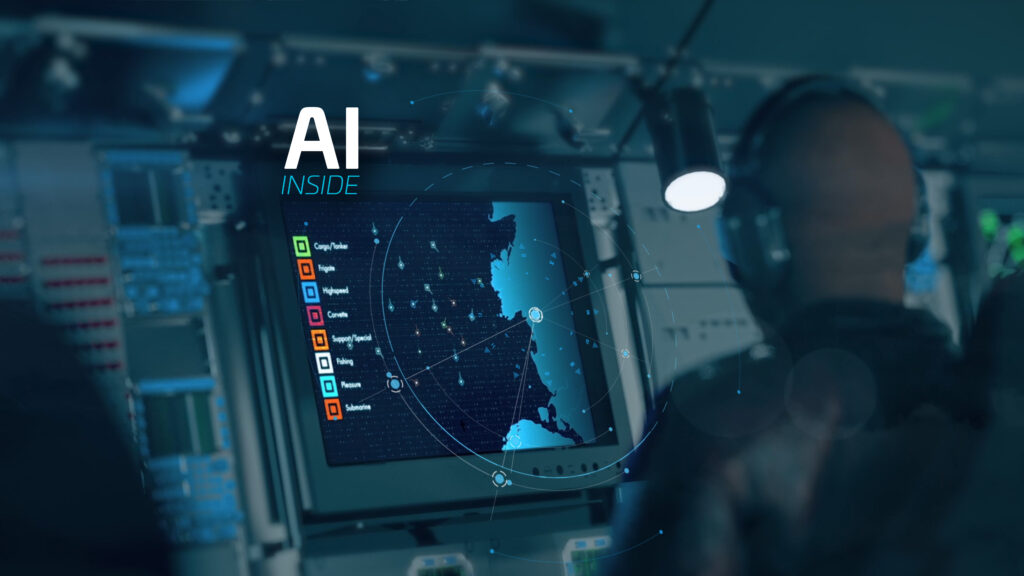Thales harnesses AI to navigate battlefield data surge
Leading electronics and defence systems manufacturer, Thales, has announced the creation of cortAIx, an AI accelerator that brings together all its AI capabilities in in research, sensors and systems.
In a press statement Thales says that cortAIx is the AI accelerator that will equip armed forces, aircraft manufacturers and all critical infrastructure operators with highly secure solutions to provide them with more efficient data analysis and decision support, whilst taking into account specific constraints such as cybersecurity, embeddability and frugality that are related to critical environments.

Thales says that with over 600 AI experts, around 100 doctoral students in AI and a top-tier network of industry, start-up and academic partners, it has been a major player in trusted, transparent, explainable and ethical AI for the past decade. The company is Europe’s top patent applicant in the field of AI for critical applications, and has incorporated AI into over a hundred of its products and services.
Thales says that the defence sector is witnessing significant transformations due to the surge of battlefield data proliferation. Moreover, it is leveraging civilian applications like personal assistants, video analysis and noise reduction techniques. Thales says it has strategically invested in AI, integrating it into critical systems for the past decade. This initiative aims to empower customers, offering them a competitive advantage and enhanced resilience against the overwhelming influx of data, threats, and information.

It adds that in response to the security challenges posed by AI, Thales, has devised specialised assessment techniques at its Toulouse-based CESTI laboratory. This facility, accredited by ANSSI, harnesses the collective expertise of over 5,800 cybersecurity professionals within the company to deliver customised solutions for identified vulnerabilities.
“Our company, which is a European leader in the fields of civil and defence high-tech, is able to draw on its mastery of AI and on the assets that are its strength namely its technological expertise, its knowledge of critical domains of defence and aerospace, space, cybersecurity, digital identity, and its management of constrained environments. Thales is already developing embeddable, frugal, trusted, explainable and secure end-to-end solutions, and today it is moving to the next level by acquiring major AI capabilities, that meet the security and sovereignty needs of our customers,” says Patrice Caine, Chairman and CEO, Thales.
Thales says its cutting-edge solutions, spanning sonar, radar, and onboard equipment for maritime patrol aircraft and fighter jets, leverage top-tier sensor and system technologies. These innovations cater to a spectrum of intelligence requirements across land, aerospace, and space domains. By integrating trusted AI into these sensor technologies, Thales has enhanced operational efficiency, streamlining the detection, identification, and classification of critical objects and target scenes.
It says that the Talios pod is designed for air reconnaissance and targeting missions, and is to be found on board Dassault Aviation’s Rafale fighter jet. Until now, the images collected by the pod were analysed on the ground, but thanks to the Thales Neural Processor, the optronics images captured in flight will be analysed in real time, and 100 times quicker, by embedded AI, it claims.
The company adds that with its Friendly Hacking unit, Thales provides its development teams with the ability, hitherto unseen in the industry, to submit their AI-based solutions to a cyber crash-test, to strengthen considerably the cybersecurity of systems that implement AI.

The French firm adds that integration of AI on board maritime patrol aircraft’s AirMaster surveillance radars enables ever-greater quantities of data to be analysed, and targets to be classified in a few tenths of a second.
The company claims that its air defence radars perform remarkably well in detection at very low altitude, adding that AI will provide significant help to operators in identifying small targets.
In air traffic control systems, AI will enable the optimisation of the sequencing of aircraft on the approach paths to airports, thus contributing to a reduction in their carbon footprint, says Thales, adding that AI will also make the coordination of multi-drone and multi-robot systems easier. The controlled and secure autonomy of these systems will significantly reduce pressure on operators.
Using an innovative human-machine interface coupled with AI, helicopter pilots will be able to not only prepare tactical missions much quicker, but also to change them in flight, which had until now been impossible. Pilots will remain in charge of the choice of trajectory depending on the mission objective, whilst minimising their cognitive workload.
Thales says that use of AI in radios for armed forces improves sound quality in noisy environments. It has been designed to be embedded in a miniature chip that ensures that the autonomy of equipped devices is maintained.











